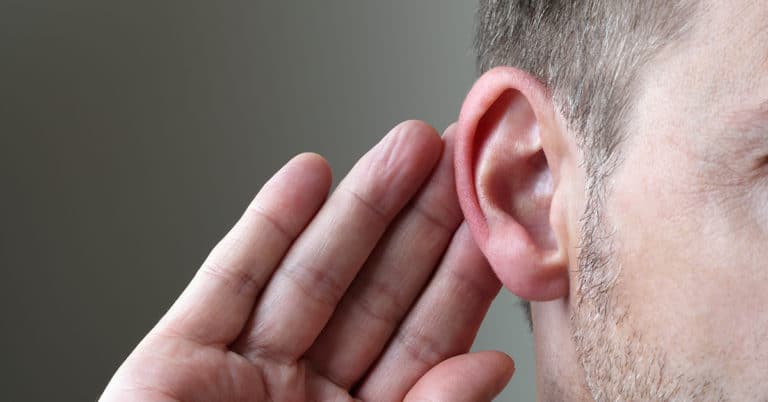

Even when we have the best of intentions, we can easily become distracted when trying to listen to others. If we can learn how to practice active listening, which involves not only offering attention but also communicating our comprehension, we can look smarter, feel better, and enhance all of our interpersonal relationships at work and at home.
So, whether you’re working to manifest the job of your dreams, the ideal romantic partner or that active social life you’ve always wanted, keep in mind these 8 powerful tips that will help you be a good listener.
Paraphrasing and summarizing are both fantastic communication skills that help you to make sense of a speaker’s points and also allow you to demonstrate that you are listening closely.
For example, if your colleague talks for five minutes about her current difficulties on your shared project, you might try saying something like “So, you’re feeling very frustrated that your feedback isn’t being taken into account, and you’re hoping to organize our team in a way that facilitates more frank discussion”.
Although this sounds like a simple listening technique, it can really show that you “get” the other person. It can also go a long way toward preventing misunderstands and misattributions.
 2. Make Consistent Eye Contact
2. Make Consistent Eye ContactLearning how to listen isn’t just about what you say to others. Body language also has a major role to play.
Although it’s off-putting if you stare at your interlocutor and refuse to blink until they’ve stopped speaking, it is important to hold their gaze at least most of the time. It is an encouraging way to communicate interest, understanding, and focus.
Be sure to tailor your eye contact to the needs of others, too. If you’re dealing with someone anxious, cut back on direct stares and focus on other active listening skills that are less confronting to shy people.
Another tool in your attentive listening skill set involves paying close attention to the way you’re standing or sitting.
For example, it’s common knowledge that folding your arms, tapping your feet or pursuing your lips are all ways of showing displeasure, impatience or disinterest.
In contrast, effective listening can be communicated by a soft, open posture. Keep your body loose, and consider learning forward to demonstrate that you’re eagerly taking in information.
Closed questions are one that can be answered with a simple “yes” or “no”, while open questions are designed to promote longer, more thoughtful responses.
When you ask closed questions it can seem like you just want to get specific information from the other person. Or, that you only have limited time for them. On the other hand, open questions show your desire to engage in a proper discussion and your interest in getting into the speaker’s mindset.
Take any opportunity you can to add a comment that proves you have listened and remembered something from a past conversation. This makes people feel valued and proves that you really do pay attention.
For example, even something small like remembering that someone doesn’t like a particular type of coffee or that they’ve once visited a specific country can help to cement a mutual bond.
 6. Show You’re A Good Listener By Nodding
6. Show You’re A Good Listener By NoddingAs with eye contact, nodding and smiling can be easily overlooked when you’re thinking about how to improve listening skills, as you might just take it for granted that you do this when you’re talking.
However, if you monitor your body language, you might realize you nod and smile a lot less often than you assume. This is the best way to show you agree and want to hear more, as it doesn’t require interrupting in any way.
Further to the above tips on body language, it can be useful to mirror the posture of the person you’re speaking to.
While this can be obvious if taken to extremes, it is an excellent interpersonal skill that works at a subconscious level to convince your conversation partner that you are empathizing with them.
Try small mirroring tricks, such as crossing your legs in the same direction as the other person or folding your hands in the same way.
Finally, it’s vital that you not only act like you’re listening to the other person but that you also bring an authentic desire to listen to your conversations. Many people are just waiting to interject, change the subject to themselves or air their views, and this is obvious to others (even when the speaker thinks it isn’t).
If you go into every interaction with curiosity and genuine interest in others, this will come across in the way your presence feels to the other person.
